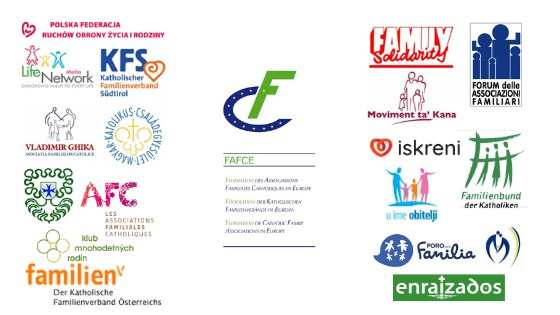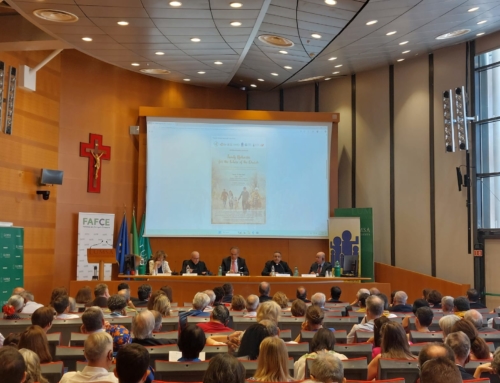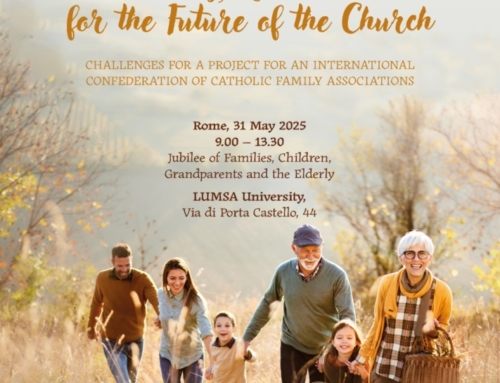At the twenty-ninth session of the Human Rights Council of the UN that took place in Geneva between 15 June and 3 July, a resolution on the “Protection of the Family” (A/HRC/29/L.25) was adopted (29 votes in favour, 14 against and 4 abstentions). The full title of this important and encouraging Resolution is: “Protection of the family: The contribution of the family to the realization of the right to adequate standard of living for its members, particularly through its role in poverty eradication and achieving sustainable development“.
Now, this resolution can be now used both at the national and international level in order to promote family friendly policies: in fact it “Urges States, in accordance with their respective obligations under international human rights law, to provide the family, as the natural and fundamental group unit of the society, with effective protection and assistance, and encourages States in this regard to take, as appropriate and to the maximum of their available resources”, a number of concrete measures.
This Resolution comes at a very crucial moment for the negotiations, in New York, on the Final Draft of the Post-2015 Summit Outcome: here negotiators of all UN Member States, with the support of technical experts and civil society representatives, are developing the new UN development scheme aimed at tackling poverty and promoting economic and social development in an environmentally friendly manner. In this context, the contribution of the family is a key element for an integral development: as stated in the above mentioned UN Human Rights Council Resolution, “the majority of the internationally agreed development goals, especially those relating to the reduction of poverty, education of children and the reduction of maternal mortality, would be difficult to attain unless the strategies to achieve them focus on the family, which can contribute positively to, inter alia, eradicating poverty and hunger, achieving universal primary education, promoting gender equality and empowering women, reducing child mortality, improving maternal health, and combating HIV/AIDS, malaria and other diseases”.
Nevertheless, despite the clear stand of the majority of UN Member States and the positive approach of the UN Human Rights Council, the role of the family seems to be neglected in the Post-2015 Development Agenda: on the contrary, an attempt to make the family the battleground of an ideological agenda is ongoing. This happens also because some States demand the introduction of a vague reference to “all families”, abandoning the legal concept of the family as “the natural and fundamental group unit of society”, as enshrined in the Universal Declaration of Human Rights.
For this reason FAFCE decided to support a Joint Statement on Family in the Post-2015 Summit Outcome, promoted by several international Civil Society organizations. In this way we stress the fact that the “UDHR formulation is the most unambiguous way to ensure that the post-2015 summit outcome reflects the majority view that the family is the natural and fundamental unit of society, where children are the natural fruit of the love between men and women”. In this Joint Statement several civil society organisations point out that “the insertion of ambiguous family language would give rise to the impression that family is an arbitrary and unaccountable sexual and emotional bond between adults, where children are commodities to be manufactured, contracted for, and ultimately purchased”.
At the UN as well as within the European Union institutions and Member States, we are facing a clash of conceptions on human rights: an individualistic conception seems to be more and more supported by hegemonic powers which tend to impose their partial views on developing countries within the international economic and political arena. As also declared by the Holy See Delegation to the United Nations, FAFCE strongly believes that the UN post-2015 Development Agenda “should avoid the usage of ambiguous or controversial terms and concepts. This agenda is universal and should speak to all, it should be idealistic and compelling, designed to inspire and not to frustrate, to unite and not to divide”.








